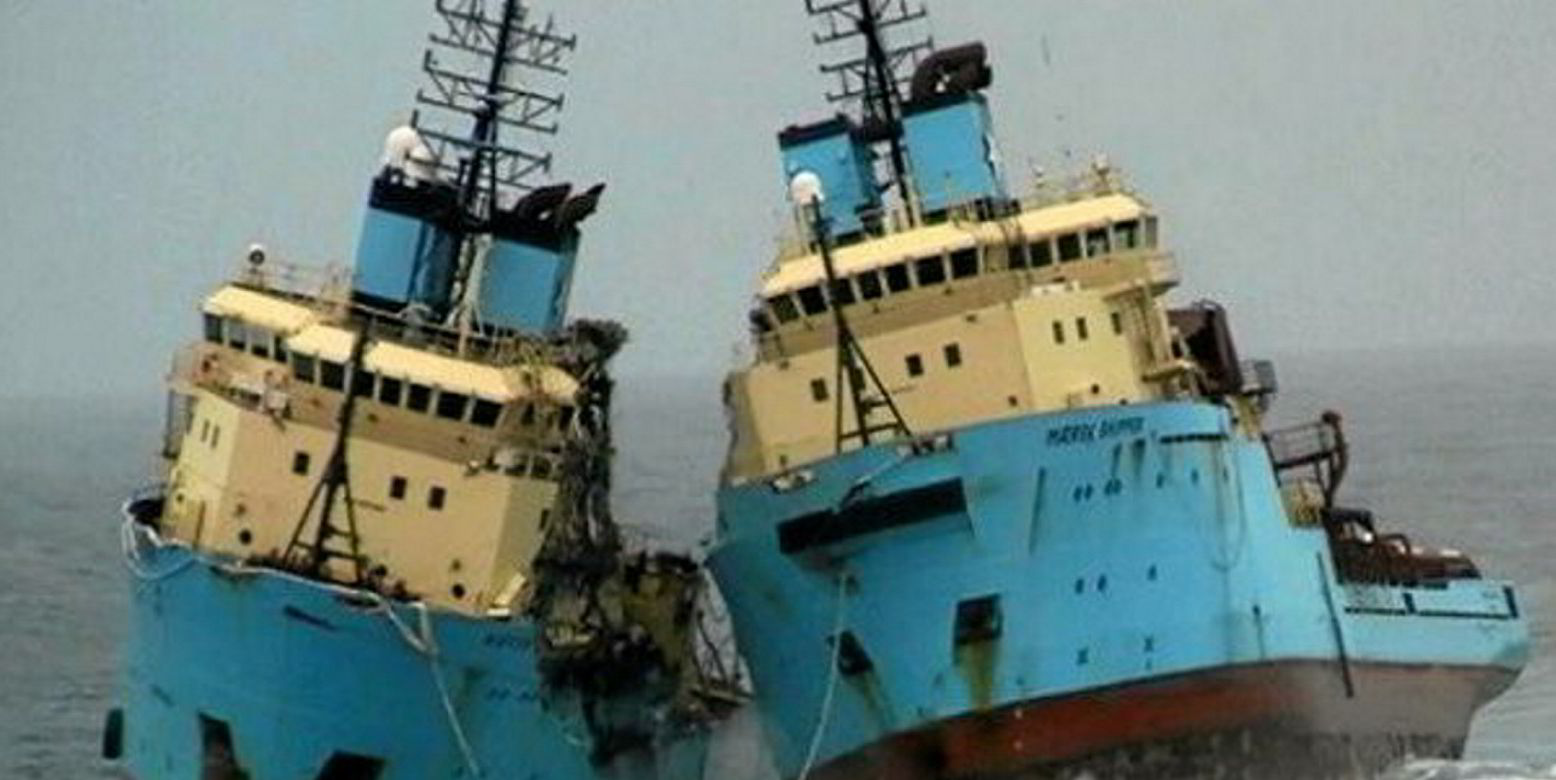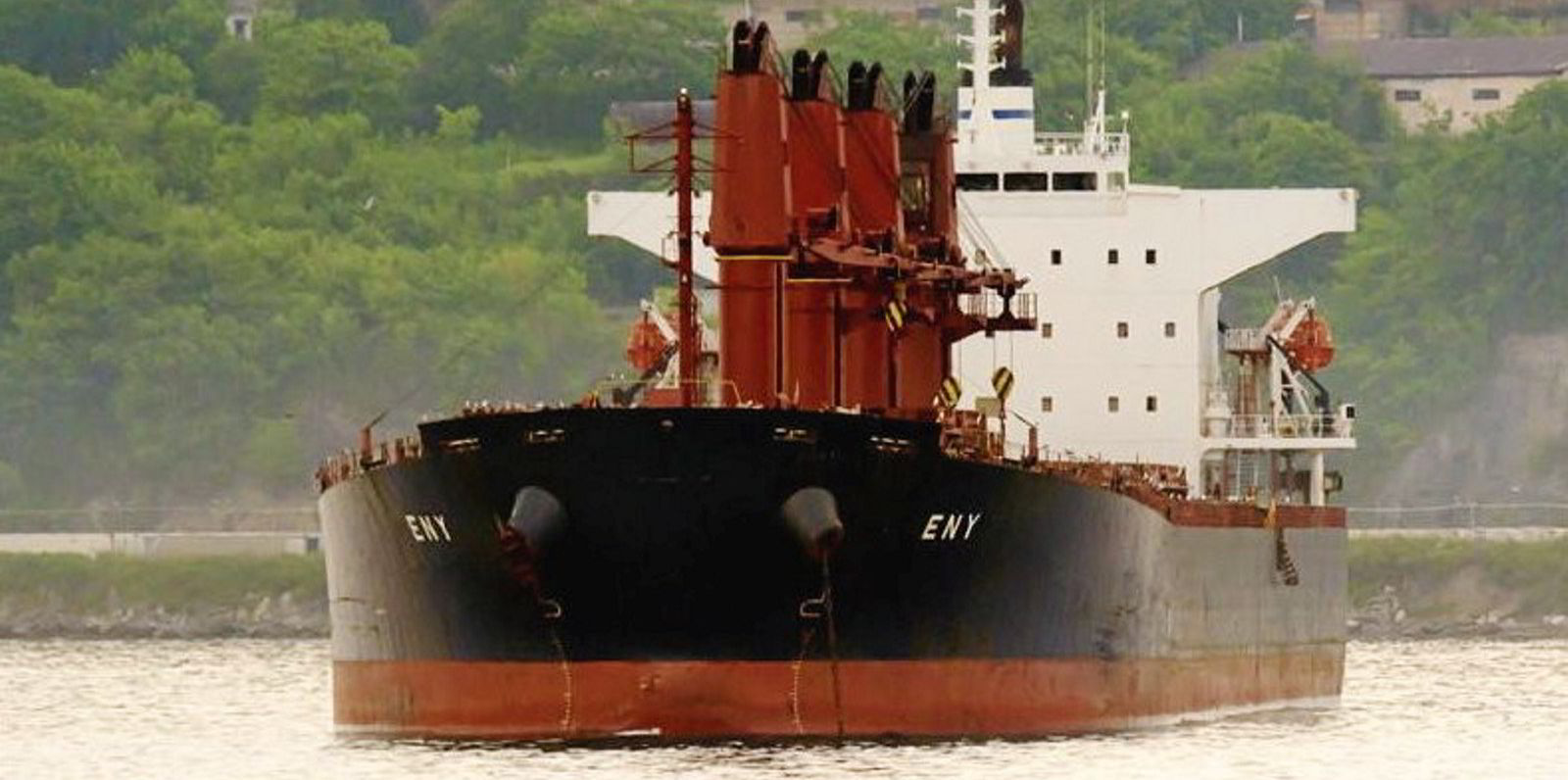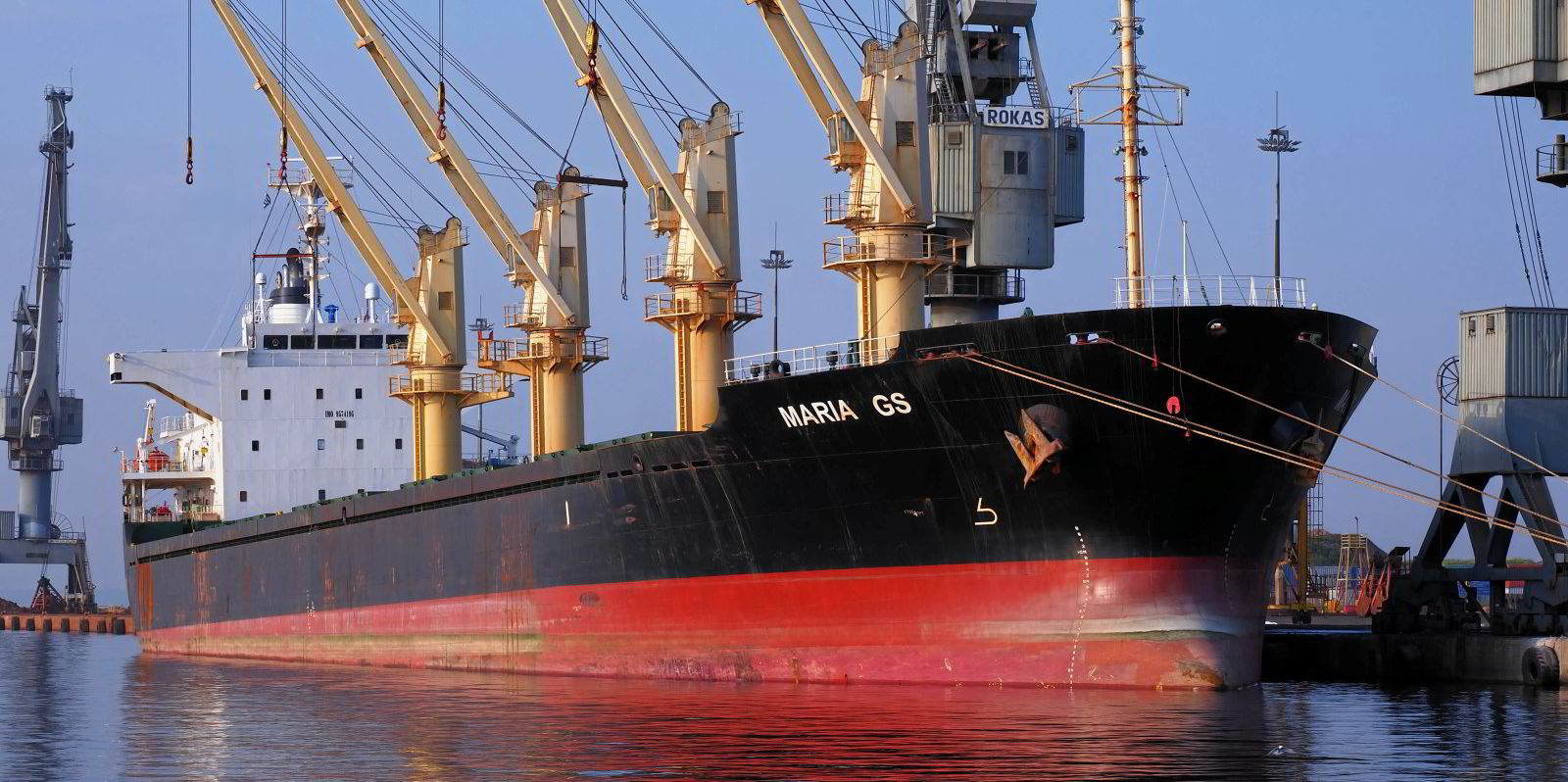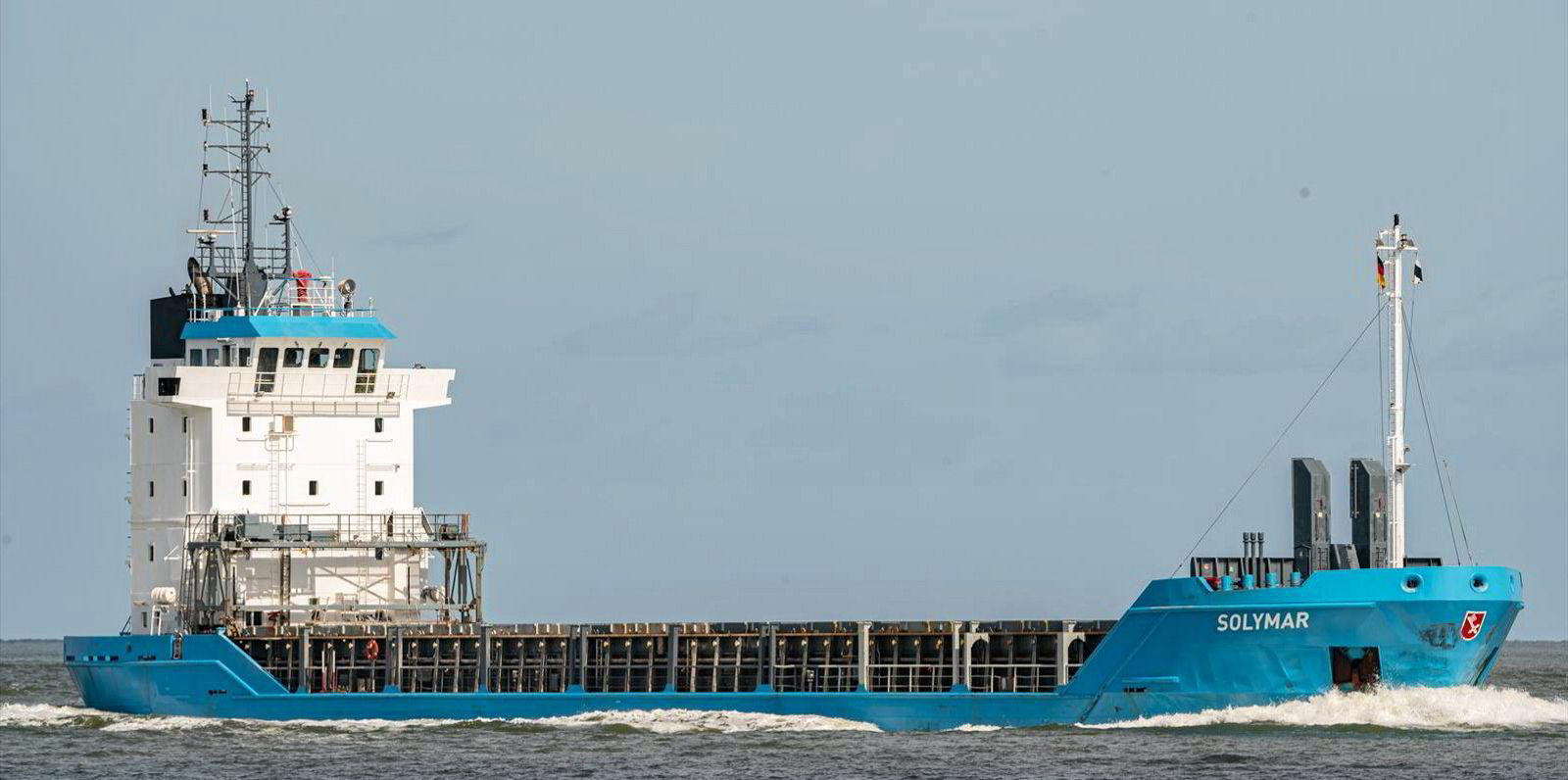Denmark's Maersk Supply Service has been penalised by police for a "grossly negligent" breach of navigation regulations following the sinking of two vessels in 2016.
The company said it had accepted a fine of DKK 150,000 ($23,750) relating to the loss of the anchor-handling tug supply units Maersk Searcher and Maersk Shipper (both built 1999).
The ships were unmanned during a tow 60 miles off the coast of France when they went down en route to Turkey for scrapping.
"This is a regrettable case that we have taken very seriously from the beginning," Maersk Supply chief executive Steen Karstensen said.
"We have been working closely with the French and Danish authorities to mitigate the impact of the incident, as well as assisting in uncovering the causes. We take note of the conclusion of the police investigation and accept the fine."
'Unique' events
The Danish police's conclusions on the incident align with the findings of the Danish Maritime Accident Investigation Board (DMAIB) in 2017.
The board concluded that the accident was due to a unique conjunction of events and circumstances, which began with a failure of three fenders separating the duo.
Police said Maersk Supply had decided to use a controversial side-by-side tow method, while the fenders were old and too small.
The police also said it did not ensure that the towing vessel — the Maersk Battler (built 1997) — had access to the newest safety procedures, including use of emergency harbours.
The company did not act when the fenders were lost in the English Channel or when the French authorities received reports of damage to the towed vessels, the police said.
"Since the incident, Maersk Supply Service has taken firm actions to implement preventive measures ensuring a similar incident cannot happen again," the company said.
This includes implementing a strengthened risk advisory system.
By request of the French authorities, Maersk Supply emptied the ships' fuel tanks via a third party in 2017 and has inspected the wrecks for any potential environmental impact twice a year over three years.
No environmental impact
The surveys have not shown any negative environmental impact and have been concluded.
"During the passage of the English Channel, the fenders between the ships on tow failed, and the ships started to interact," the DMAIB said in its report.
“This caused damage to the ships’ superstructure, which eventually compromised [the] Maersk Searcher’s watertight integrity and led to water ingress.
“The Maersk Searcher eventually capsized and sank, and subsequently the Maersk Shipper was pulled under.”
The crew on the Maersk Battler was able to carry out a controlled breakage of the towing wire to free their vessel.







